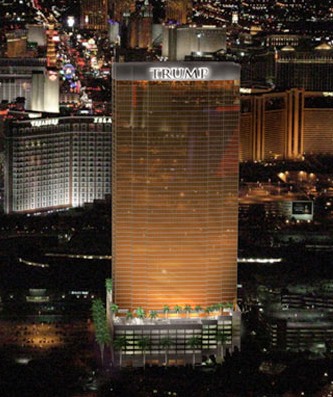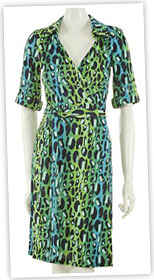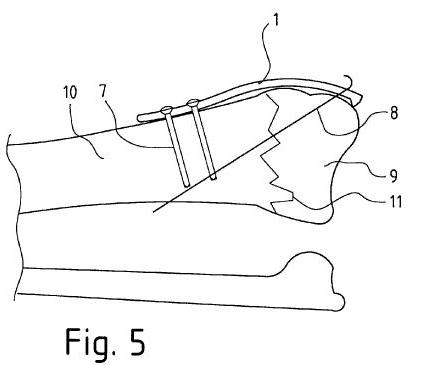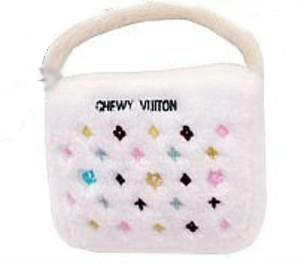A trademark, antitrust and unfair completion lawsuit was filed in Las Vegas, Nevada on behalf of plaintiff Nights at Vegas, Inc., a Las Vegas based real-estate property-management company. The Defendants are the ubiquitous Donald Trump, the star of television reality show The Apprentice, and several companies that include …you guessed it… the name Trump in some way, shape, or form. The lawsuit seeks the Court’s declaration that Nights at Vegas can fairly use the Trump trademarks in its advertising when it attempts to rent out condominium space in the Trump Towers.
 Also, Nights at Vegas accuses the Trump Defendants of antitrust violations for entering into exclusive deals with online travel sites to only use the Trump owned management-company, refusing to deal with the plaintiff, and intimidating real estate agents to suppress the fact that condo owners can deal with plaintiff. Plaintiff alleges that they only charge a twenty percent commission for the rented condos and Trump charges fifty percent.
Also, Nights at Vegas accuses the Trump Defendants of antitrust violations for entering into exclusive deals with online travel sites to only use the Trump owned management-company, refusing to deal with the plaintiff, and intimidating real estate agents to suppress the fact that condo owners can deal with plaintiff. Plaintiff alleges that they only charge a twenty percent commission for the rented condos and Trump charges fifty percent.
Further, the complaint adds a cause of action for false promotion under 15 U.S.C. § 1125(a)(1)(b) based on the statements in Trump’s agreements that property owners will not be free to stay at their own property if they deal with other management companies (i.e., there will be “blackout periods”). There is also a state cause of action for unfair competition thrown in without much elaboration.
 Los Angeles Intellectual Property Trademark Attorney Blog
Los Angeles Intellectual Property Trademark Attorney Blog



 DVN alleges that after her attorneys sent a cease and desist letter to Target, the infringing dress was quickly removed from Target’s website. Target, however, is accused of continuing to sell the infringing dresses at its retail locations across the country. Thus, the complaint alleges that Target’s “infringement is willful, done with knowledge of and/or in reckless disregard of DVF’s rights in its Spotted Frog Design.” If the infringement is found to be willful, the Court may award punitive damages.
DVN alleges that after her attorneys sent a cease and desist letter to Target, the infringing dress was quickly removed from Target’s website. Target, however, is accused of continuing to sell the infringing dresses at its retail locations across the country. Thus, the complaint alleges that Target’s “infringement is willful, done with knowledge of and/or in reckless disregard of DVF’s rights in its Spotted Frog Design.” If the infringement is found to be willful, the Court may award punitive damages.  TriMed appealed and the Federal Circuit Court of Appeals (“CAFC”) held that the claim at issue of U.S. Patent No. 5,931,839 “recites sufficient structure on its face for performing the claimed functions, and therefore, contrary to the district court’s interpretation, does not involve a means-plus-function limitation.” In holding that the lower court had erred in its claim construction and order of non-infringement, the Federal Circuit stated:
TriMed appealed and the Federal Circuit Court of Appeals (“CAFC”) held that the claim at issue of U.S. Patent No. 5,931,839 “recites sufficient structure on its face for performing the claimed functions, and therefore, contrary to the district court’s interpretation, does not involve a means-plus-function limitation.” In holding that the lower court had erred in its claim construction and order of non-infringement, the Federal Circuit stated: As an amusing side-note, the company also spoofs other well known trademarks by selling products under the “Dog Perignon,” “Bark Jacobs,” “Chewnel # 5,” and “Sniffany & Co.” trademarks.
As an amusing side-note, the company also spoofs other well known trademarks by selling products under the “Dog Perignon,” “Bark Jacobs,” “Chewnel # 5,” and “Sniffany & Co.” trademarks.